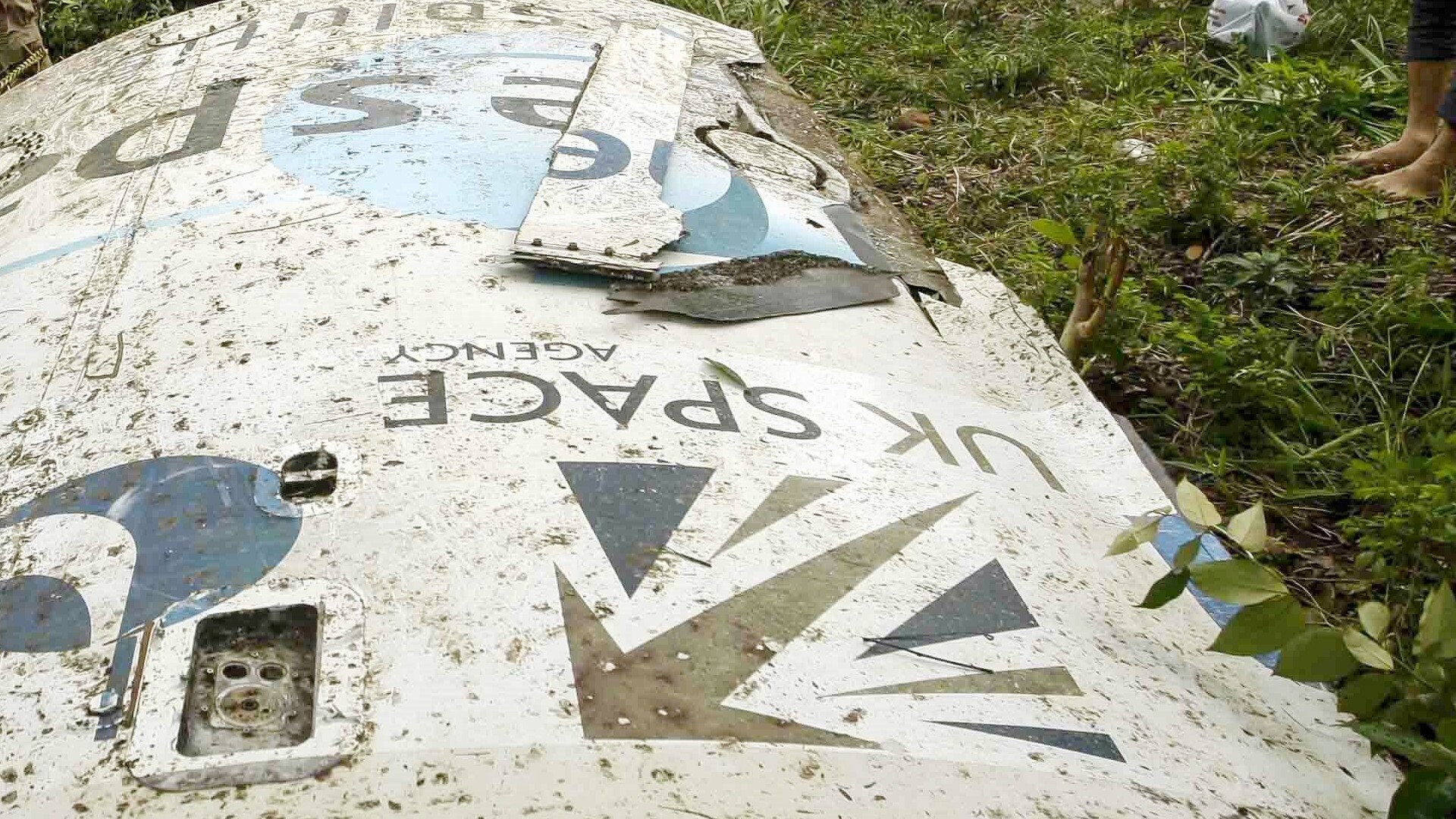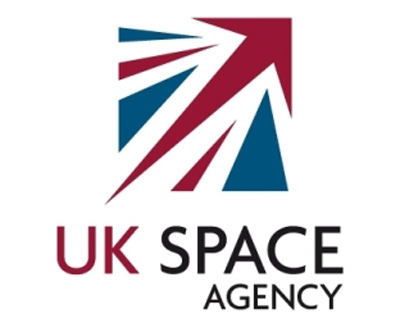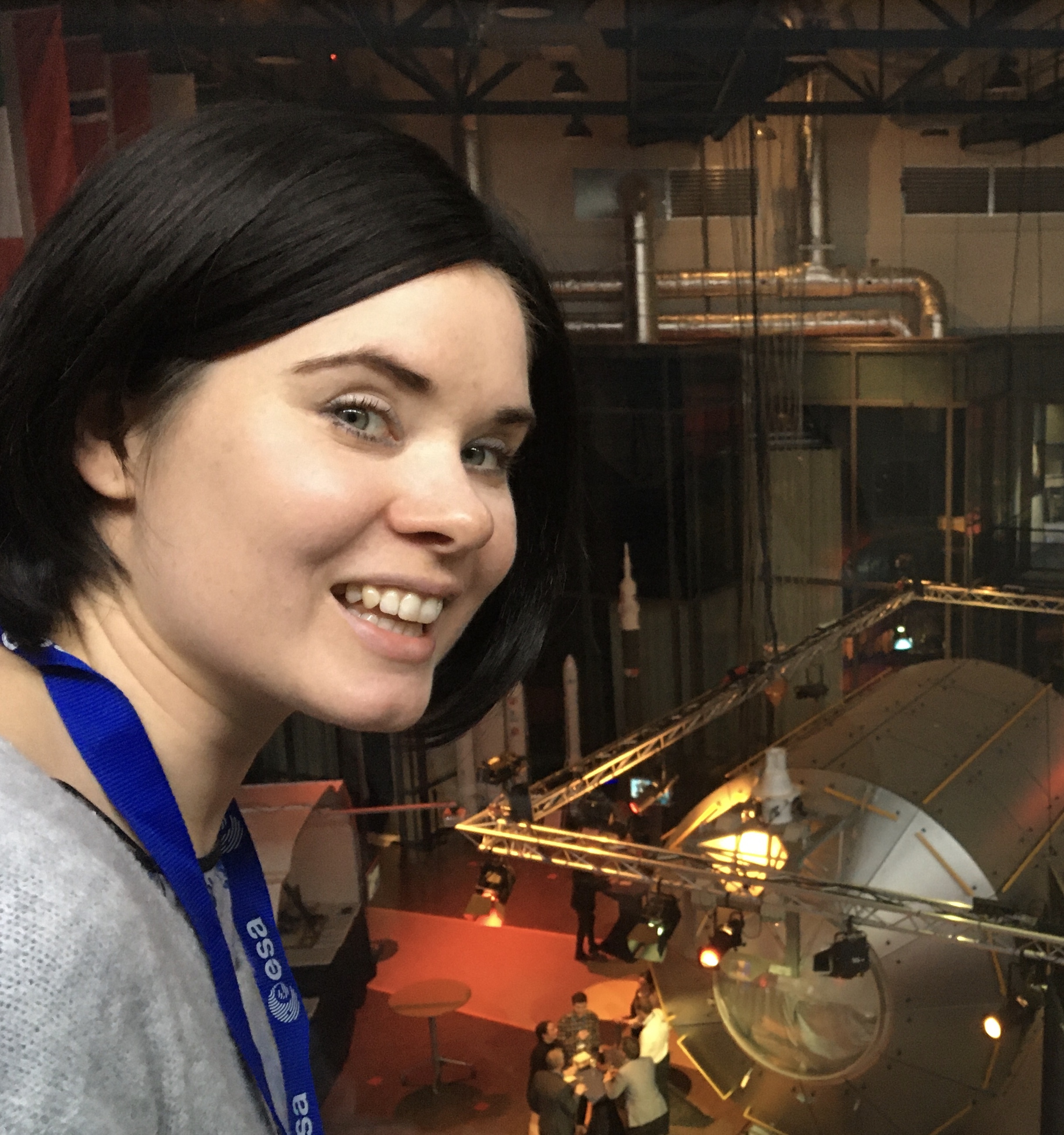'We've known it's been coming for a while': Inside the decision to eliminate the UK Space Agency
The U.K. government's decision to eliminate the nation's space agency didn't come as a surprise to insiders.

Breaking space news, the latest updates on rocket launches, skywatching events and more!
You are now subscribed
Your newsletter sign-up was successful
Want to add more newsletters?

Delivered daily
Daily Newsletter
Breaking space news, the latest updates on rocket launches, skywatching events and more!

Once a month
Watch This Space
Sign up to our monthly entertainment newsletter to keep up with all our coverage of the latest sci-fi and space movies, tv shows, games and books.

Once a week
Night Sky This Week
Discover this week's must-see night sky events, moon phases, and stunning astrophotos. Sign up for our skywatching newsletter and explore the universe with us!

Twice a month
Strange New Words
Space.com's Sci-Fi Reader's Club. Read a sci-fi short story every month and join a virtual community of fellow science fiction fans!
The U.K. government's announcement to absorb the nation's 15-year-old space agency into a recently established government department may sound shocking to some, but it came as no surprise to insiders. Still, some industry experts fear the move may harm the U.K.'s space ambitions and weaken its position within the European Space Agency, to which Britain allocates most of its civilian space budget.
The UK Space Agency (UKSA), formed in 2010 with the goal of propelling the country's space and satellite sector into the new space age, will be absorbed by the Department for Science, Innovation and Technology (DSIT) by April.
The UK government announced the decision Aug. 20, saying the move would "cut duplication and ensure decisions are made with clear ministerial oversight." UKSA will effectively become a department within DSIT, which had been providing all of the agency's funding since 2023. The merger has been widely seen as part of the Labour government's initiative to cut government expenditure and civil service costs by 15% by the end of the decade.
Related: Trump's 2026 budget would slash NASA funding by 24% and its workforce by nearly one-third
But insiders who discussed the situation with Space.com said questions around UKSA's merit had been heard in government circles since around 2020.
"It was around COVID when the [Department of Business, Energy and Industrial Strategy, or BEIS] responsible for UKSA at that time started making an argument that the space agency had become isolated and no longer understood the needs for space across all other government departments," a source who had worked at UKSA during the first decade of its existence told Space.com under the condition of anonymity. "It was perceived that the agency had become a bit of a show pony, a cheerleader for the concept of space rather than thinking about what do we actually need from space for environment, transport, defense etc."
The U.K. has had a different approach to space than its European counterparts, such as Germany, France and Italy, the source explained. Historically, the U.K. has dedicated most of its resources to the European Space Agency (ESA) rather than pursuing a multipronged approach involving a strong domestic space program and bilateral partnerships independent of ESA.
Breaking space news, the latest updates on rocket launches, skywatching events and more!
Therefore, over 80% of UKSA's budget has been placed into ESA. The perception in the government was that UKSA was acting more in line with ESA's wishes than with the U.K. government's needs, the source added.
"The government started to argue that the policy team in UKSA was too narrow and too focused on what ESA wanted," they told Space.com. "It was too focused on not questioning where ESA wanted to go as an organization and was largely driven by the forward vision of ESA."
ESA is an intergovernmental institution independent of the European Union, which the U.K. exited in January 2020. Currently consisting of 23 member states, ESA has a special status that sets it apart from other major space agencies, including NASA.

As an intergovernmental entity, ESA stands outside any governmental control and is protected by diplomatic immunity. The agency, plagued by reports of bullying and labor law breaches, has long been criticized for lacking transparency because it is not bound by any freedom-of-information laws. The U.K., represented by UKSA, is ESA's fourth-largest budget contributor after Germany, France and Italy.
The U.K. government began taking steps to gain more control over its space investments into ESA following the publication of a Space Landscape Review commissioned in 2021. The review recommended that the U.K. government take the development of the national space strategy away from UKSA and move it to DSIT's predecessor, BEIS, thus reducing UKSA to an execution body.
A subsequent report by the National Audit Office published in 2024 found inefficiencies in the new setup and persistent shortcomings on the side of UKSA, including inadequate monitoring and evaluation of project progress. The review also found that UKSA failed to secure a full return on its investment into ESA. The decision to absorb all of UKSA into DSIT is seen as a consequence of that review and has been preceded by transfers of key staff from UKSA to the space department within DSIT.
"It's an expected move," another source who had previously worked at UKSA and also spoke under the condition of anonymity, told Space.com. "We've known it's been coming for a while."
The sources said it makes sense to bring together various government stakeholders who are responsible for the space agenda. The move comes at a time when the U.K., like other European nations, is becoming increasingly aware of the need to build up its space-based defense capabilities. However, UKSA has been responsible only for civilian space applications and science exploration.
"Currently, in the UK, it's all very disjointed," the source said. "You have to talk to lots of different people and different government interfaces."
"I don't think it's a bad thing because DSIT is the department that is giving the space agency all its money anyway," the other source added. "The space agency will maintain its brand but will be reporting to the head of DSIT and not asking money directly from the government."
Some question the decision, however, especially as it's been announced three months before an upcoming meeting of the ESA Council of Ministers, which will decide the agency's funding for the next three years. The danger of weakening the U.K.'s position within ESA has been cited by multiple sources as the main argument against the merger with DSIT.
"It's hard to see how it will work in practice and how will our international partners know how to interact with the U.K.," the source said. "The jury is out whether this could be the right solution. I think that for the next 12 months, things might slow down, and priorities might become less clear as there will be lots of changes on the inside of the government."

Other sources who have connections to the U.K. space sector but were not familiar with the inside situation at UKSA questioned the move on the basis that all nations aspiring to be serious space players have dedicated space agencies. France and Germany, the two largest ESA contributors, have dedicated space agencies — CNES and DLR, respectively — which manage their own complex space programs and oversee major developments, including the European Ariane rocket family.
"When UKSA was created in 2010, everyone was excited that finally the U.K. was getting an executive agency that would have power to shape U.K. space policy and strategy," one source told Space.com. "In France and Germany, CNES and DLR drove the development of strong space industries, largely via ESA projects, and the U.K. wanted to emulate that success. So, what has changed now?"
Another source said, "An independent executive space agency was considered an important part of a more ambitious space commitment by Britain [prior to 2010]."
Prior to UKSA, the British National Space Centre (BNSC) was responsible for the U.K. space program, which consisted of experts from a range of government departments. But because the BNSC lacked an independent budget, its negotiations with ESA were cumbersome and its powers to foster the domestic industry were limited. Some see the absorption of UKSA into DSIT as a return to the BNSC model of doing things, which they think will come with the same range of problems.
The U.K. National Space Strategy, published in 2021 by the Conservative government led by Boris Johnson, outlined ambitious goals for the U.K. space sector. It includes a vision of the U.K. becoming Europe's leading provider of satellite launch services as well as a dominant manufacturer of small satellites.
In the 15 years of its existence, UKSA has overseen a period of strong growth in the U.K. space industry. The "Size and Health of the UK Space Industry report," published in 2025, states that the U.K. space sector has grown by over 3.3% per year since 2010 and currently employs over 55,500 full-time employees and provides a further 81,000 indirect jobs.

Tereza is a London-based science and technology journalist, aspiring fiction writer and amateur gymnast. She worked as a reporter at the Engineering and Technology magazine, freelanced for a range of publications including Live Science, Space.com, Professional Engineering, Via Satellite and Space News and served as a maternity cover science editor at the European Space Agency.
You must confirm your public display name before commenting
Please logout and then login again, you will then be prompted to enter your display name.
